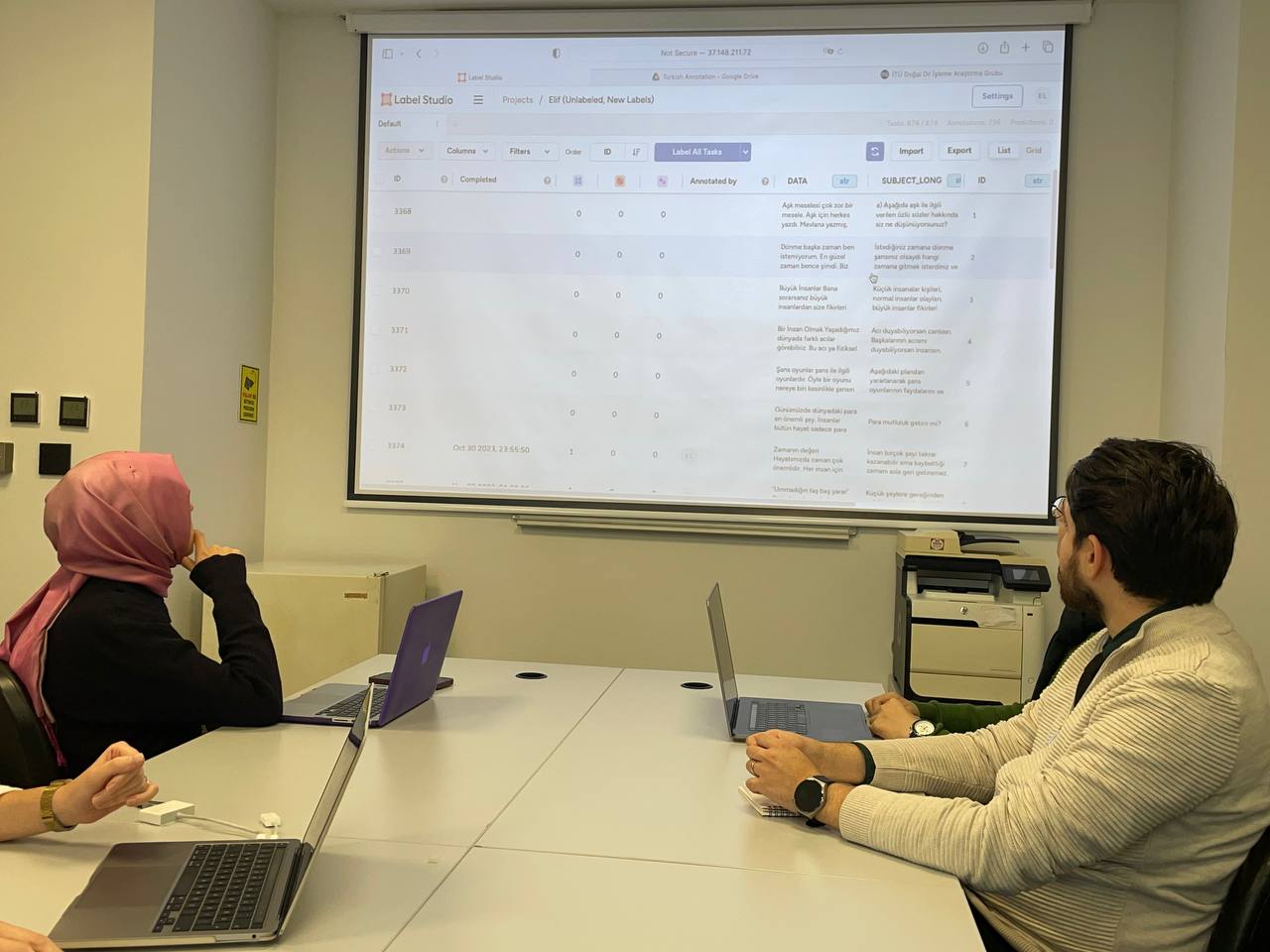A new AI-powered software developed by scientists at Istanbul Technical University (ITU) is now helping to detect errors in Turkish usage by foreigners.
The software, created under the leadership of Professor Gulsan Eryigit, is designed to assist educators in improving students’ language skills by identifying and correcting their Turkish language mistakes.
AI-powered software developed to detect mistakes in foreigners’ Turkish usage
In collaboration with the ITU Natural Language Processing Research Group, this innovative software analyzes and detects mistakes in Turkish made by foreigners. Professor Eryigit, who heads the ITU Department of Artificial Intelligence and Data Engineering, explained the aim of the project: “In our research, we found there was no global standard for error tagging in language usage. So, we developed a standardized error-tagging system that applies to world languages, including Turkish, and published it internationally.”
The software analyzes data from students and applies AI to identify errors based on a newly developed tagging standard. This effort aims to provide a more structured approach to language learning and teaching for non-native speakers of Turkish.
Global tagging standard for language errors developed by ITU
The system’s development stems from an increasing need to address various linguistic challenges faced by foreign learners of Turkish.
Eryigit elaborated on the challenges faced during the process: “One of the biggest gaps was determining which language aspects should be prioritized and which topics needed more expansion for students from different demographic backgrounds. Our study of various languages revealed that current tools for correcting grammatical and vocabulary errors in languages like Turkish are very limited.”
Customized language learning for foreign students
The software enables teachers to customize their lesson plans based on the mistakes students make. By using the new tagging standards, teachers can quickly identify recurring errors and tailor their instruction accordingly. “This system allows teachers to analyze data from students and make adjustments to lesson plans more effectively. AI also helps in detecting sentence structure and syntax errors, enabling improvements in both individual and group language learning,” said Eryigit.
Additionally, the software identifies the specific types of errors in students’ writing, such as incorrect sentence structure or grammar, and offers automatic suggestions for correction. As a result, it helps educators pinpoint where students struggle and which aspects of the language need more focus.

Significant impact on Turkish language learning
Eryigit highlighted that the system also has benefits for foreign language learners: “For example, a Syrian student may struggle with certain sounds, or a French student might face difficulties with verb conjugation. AI will identify these errors and provide valuable feedback to teachers, showing which demographic groups are making the most common mistakes. This will help improve the overall curriculum and make it more adaptive to students’ needs.”
The AI technology also enables faster analysis of data from large groups of students. It can determine which specific areas of Turkish language learning students are struggling with, making it possible for teachers to provide individualized support and targeted interventions.
AI innovation in Turkish language education
The development of this AI software represents a significant leap forward in Turkish language education, according to Eryigit. She emphasized that it is not only a technological advancement but also a vital tool for improving the quality of Turkish language teaching, especially for non-native speakers.
This project, which involves researchers from various academic backgrounds, has recently led to two patents related to language learning.
